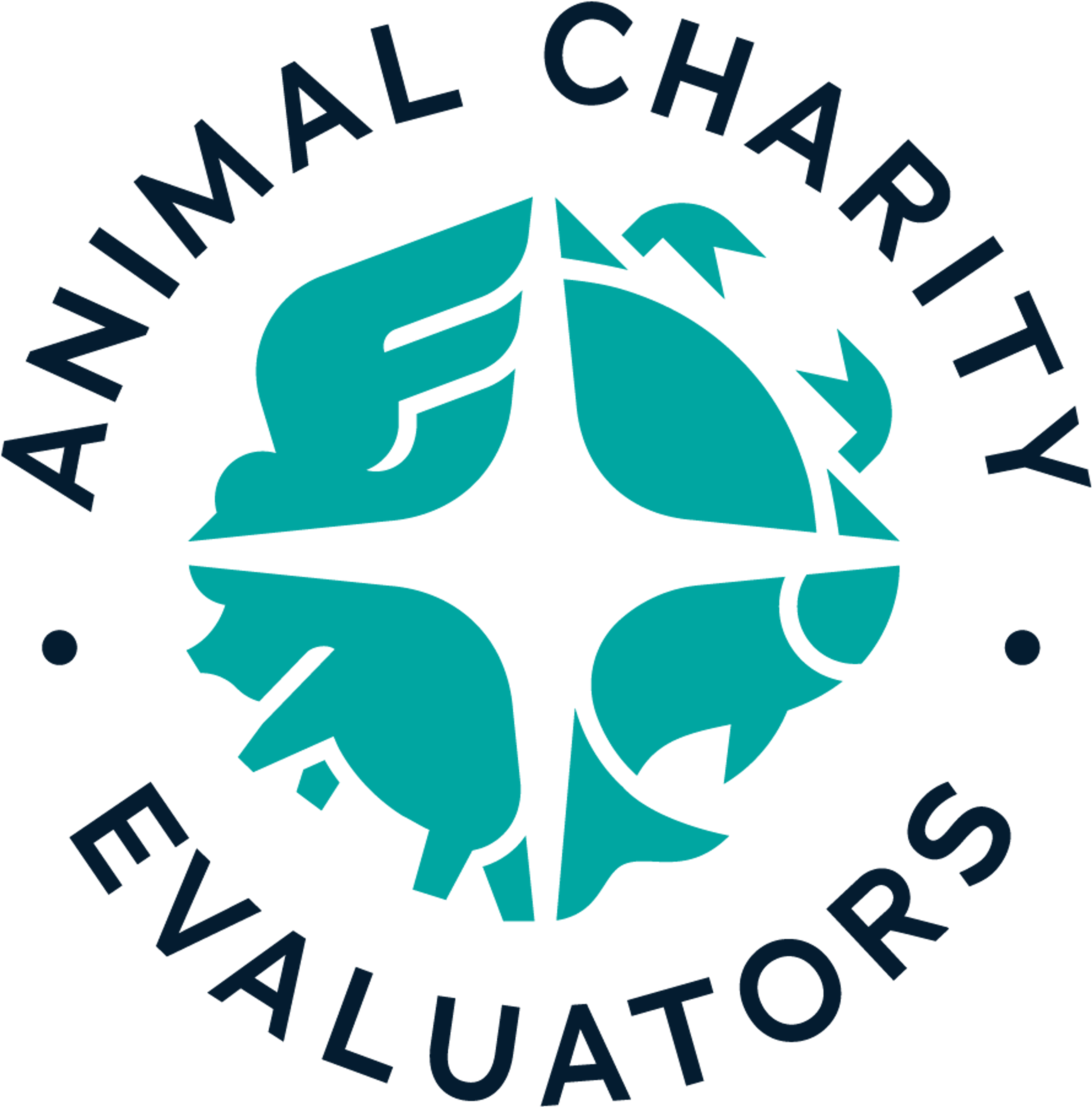
Animal Charity Evaluators
Animal Charity Evaluations
Animal Charity Evaluators helps reduce large-scale animal suffering by finding and promoting what they've assessed to be the most impactful organisations helping animals.
What problem is Animal Charity Evaluators working on?
Trillions of animals suffer every day on farms and in the wild. The problem is vast and complex, but people around the world are making a difference. By examining factors such as neglect, scale, and tractability, advocates and philanthropists can increase the amount of good they create in the world. The animal advocacy movement has seen several notable successes over the past decade as it has strengthened its approach using these principles, from corporate campaigns that have helped millions of animals to significant technological advancements in animal product alternatives.
Despite a recent shift in public attention and attitudes toward animals, many challenges remain, and animal suffering remains prominent. To make tangible progress, animal advocates must adapt to a dynamic global environment and explore strategies to reduce the exploitation of animals. We need to understand the effectiveness of the approaches we use to help animals so that we can direct efforts and funding to groups that are doing the most good for them in areas where the most animals are suffering.
What does Animal Charity Evaluators do?
Animal Charity Evaluators (ACE) is dedicated to finding and promoting the most effective ways to help animals. It prioritises its efforts based on available research, as well as the scale, tractability, and neglectedness framework.
ACE supports effective interventions within farmed animal advocacy and wild animal welfare via two programs:
- Charity Evaluations: ACE conducts annual charity evaluations to identify the most effective animal charities working in high-priority cause areas. Each November, it publishes lists of recommended charities to promote organisations that would likely produce the greatest gains for animals with additional donations. ACE is transparent about its charity evaluation process and makes improvements to it each year.
- Grantmaking: Through the Movement Grants program, ACE supports organisations and individuals working on various approaches to animal advocacy — especially those that lack funding, target large numbers of animals, or operate in regions with a small animal advocacy movement. This allows ACE to reach organisations that are too small or novel to be considered in its Charity Evaluations program, and it ensures that it can support the growth of a broad range of effective organisations. ACE supports its current Recommended Charities with grants from the Recommended Charity Fund.
What information does Giving What We Can have about the cost-effectiveness of Animal Charity Evaluators?1.
We looked into ACE's Charity Evaluation program as well as their Movement Grants program as part of our evaluator investigations and you can read our reports of those programs here. We have not evaluated ACE's own spending for its cost-effectiveness.
At Giving What We Can, we focus on the effectiveness of an organisation's work -- what the organisation is actually doing and whether their programs are making a big difference. Some others in the charity recommendation space focus instead on the ratio of admin costs to program spending, part of what we’ve termed the “overhead myth.” See why overhead isn’t the full story and learn more about our approach to charity evaluation.